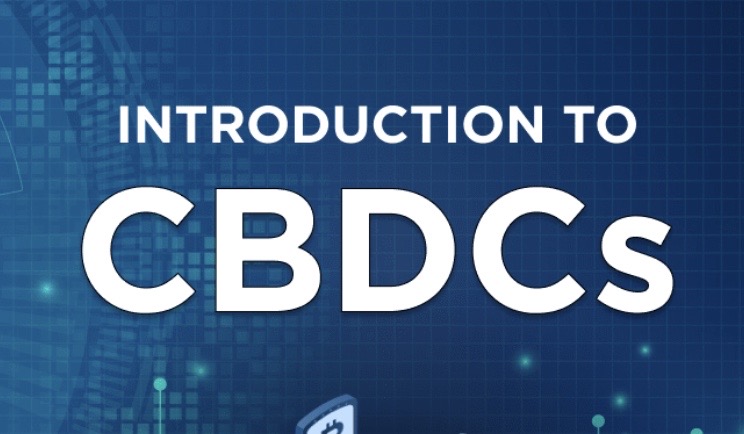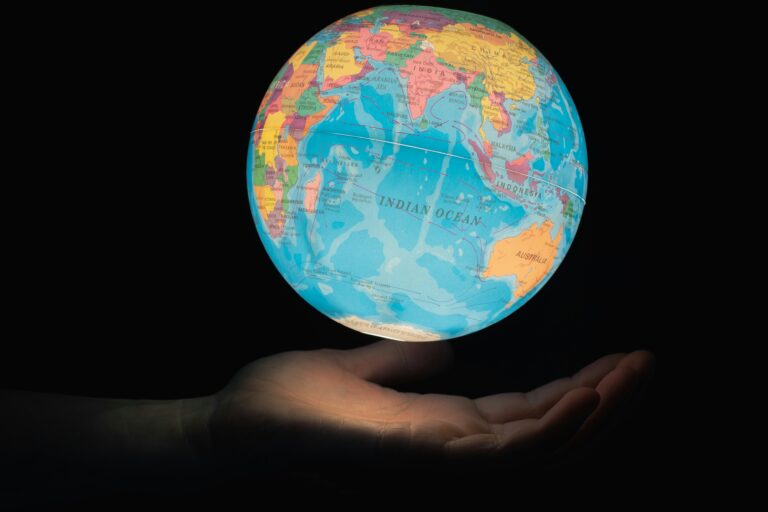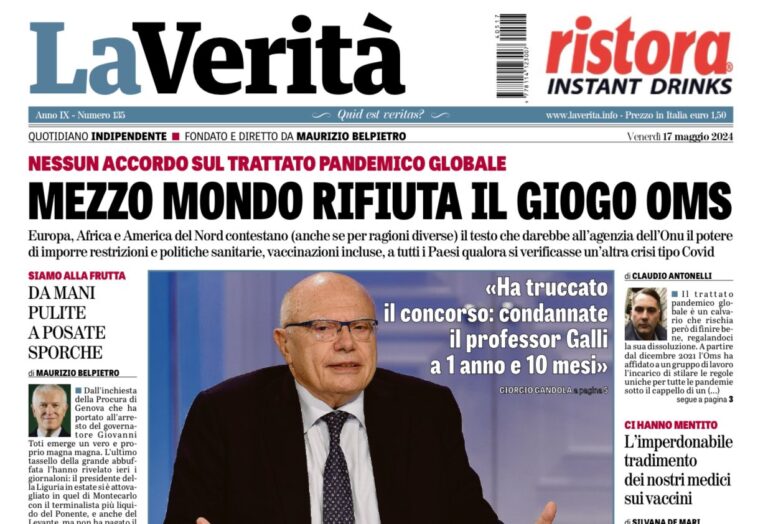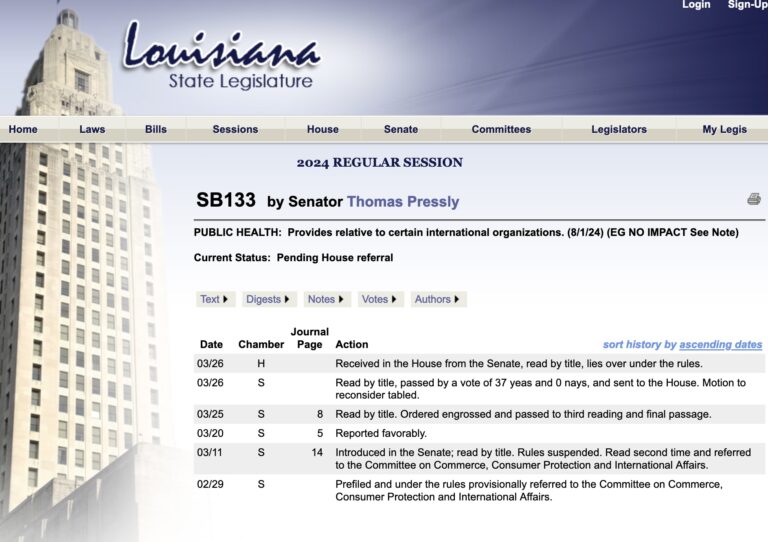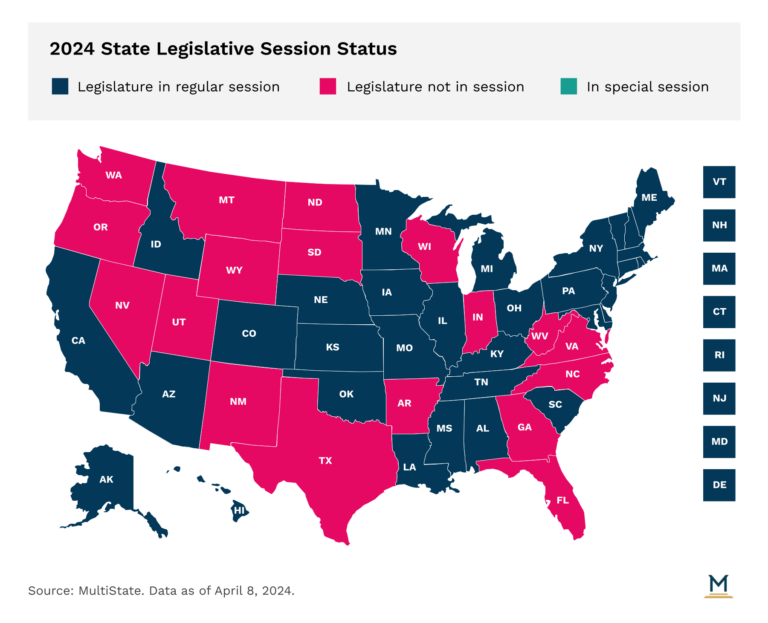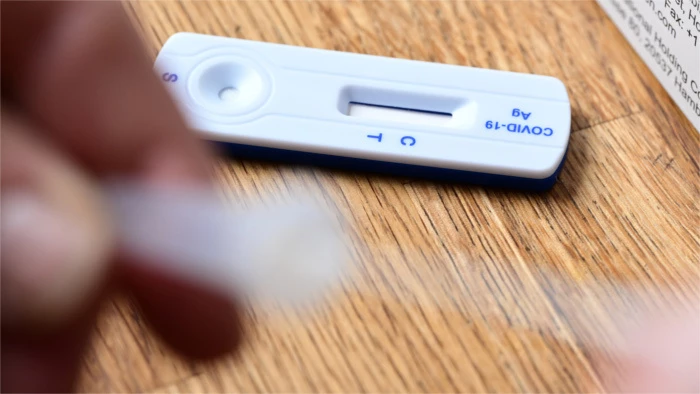Listen to this post:
What is money, who makes it, and what is the role of the State and the banking system? These are big questions. Money can be a medium of exchange, a measure of value, a store of value, and a standard of value. In other words, money serves multiple purposes. Money can sit in your pocket, reside in your checking account, or represent the value of your house. It can be liquid, tied up, and frozen. The Bank Secrecy Act and the Patriot Act have made the monitoring of your money a normal function of all banks. Rules and regulations have defined Suspicious Activity Reports and required all banks to file them monthly.
A well-regulated money system ensures the smooth functioning of society. For most people the biggest considerations are, “do I have enough?”, “where should I put it?”, and “is it safe?” Regulation is indispensable to ensure safekeeping, and manipulation by insiders always possible.
The first Bank of the United States, promoted by Alexander Hamilton, was founded in 1791 with a 20 year charter. The limited charter represented the hesitancy of Jefferson, Madison and others in allowing the federal government to get into the banking business, as the states were the proper place to issue bank charters. The need to finance the War of 1812 helped create the second Bank of the US, ensuring a major role for the federal government in the years to come. If you are going to finance wars, you need your own bank!
The political struggle between the Jeffersonians and Hamiltonians continued throughout the 19th century. In 1913 the Federal Reserve System was created, formed by an act of Congress and signed by President Wilson. The two arms of the Federal Reserve are the Board of Governors and the 12 Regional Federal Reserve Banks.
The Board of Governors is an agency of the federal government which reports to Congress, but is not funded by Congress. The Board is appointed by the President and confirmed by the Senate. The set-up is intentionally complicated for the purpose of insulating the Federal Reserve from political influence by the executive or legislative branches.
Each twelve regional Federal Reserve Banks has its own Board of Directors. These Reserve Banks are private corporations owned by other commercial banks, which receive dividends but do not have equity (ownership) rights. Excess profits revert to the US Treasury.
The Fed’s responsibilities and tasks are gargantuan. The 12 regional banks have major monitoring and research initiatives across the nation and know in detail what is happening economically everywhere, all the time. In addition, the Fed regulates our banking system along with other entities, including the Office of the Comptroller of the Currency, The Federal Deposit Insurance Corporation, the National Credit Union Administration, the Treasury, a host of state banking regulators, and (until the Dodd Frank Act passed) the Office of Thrift Supervision.
We have national banks, state banks, community banks, credit unions. We also have experienced an explosion of technology in the digital age. Money travels at the speed of light. It crosses borders. During the collapse of Silicon Valley Bank in the spring of 2023 more than $40 billion was withdrawn from the bank in one day.
The Federal Reserve is now laying the foundation for a Central Bank Digital Currency (CBDC). Nearly all money today is electronic, with paper money seeming to approach obsolescence. The inconvenience of multiple regulatory financial structures could be ended with one standard system for an all-digital, electronic currency. Of course, privacy regarding how you spend your money would disappear. No doubt there would be convenience, but the government would know everything about your expenditures.
The possibility for the Federal Government to insinuate itself into every aspect of peoples’ money, and therefore lives, is fraught with danger. The extreme complexity of the US banking system is not a bug, it is a feature. It is a defense against governmental overreach.
A CBDC system owned and controlled by the Federal Reserve would become an invitation for not just monitoring and regulating every feature of our financial lives, but would give the Federal Reserve and federal government immense power to turn on and turn off personal money flows instantaneously, for any reason.
A CBDC platform could stop any transaction for any amount at any time and there would be no local bank manager to call to fix it.

